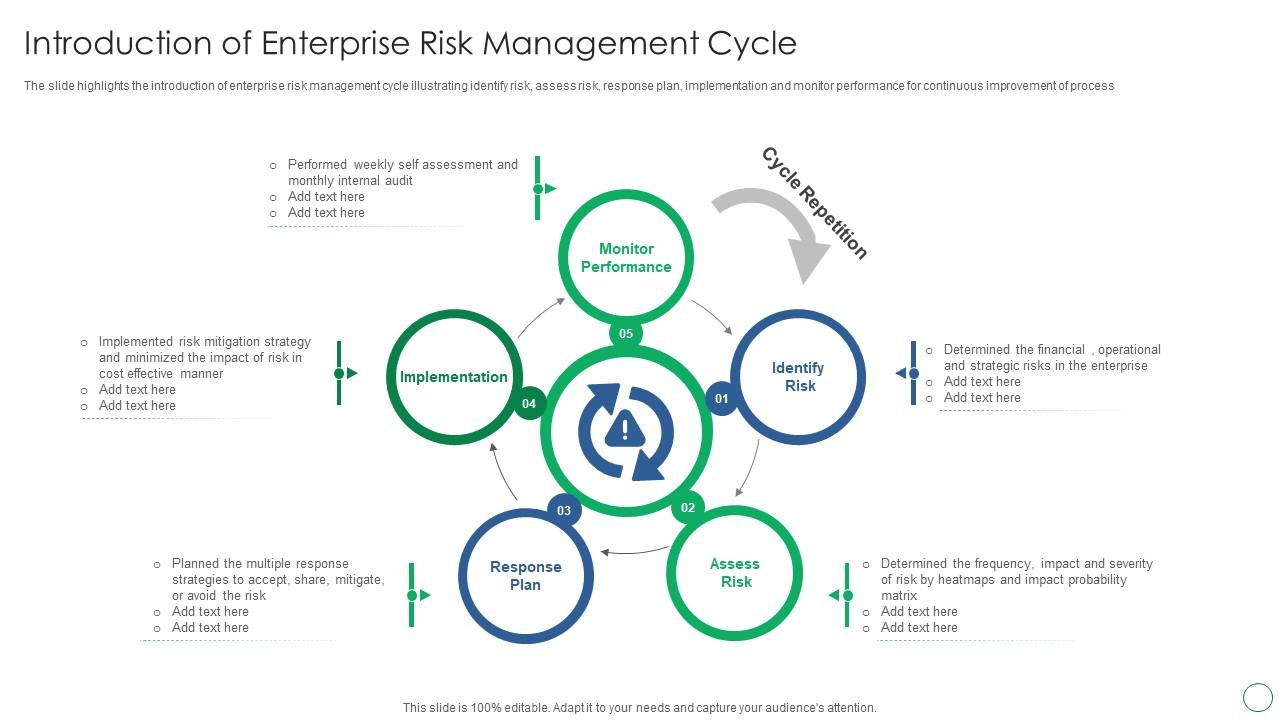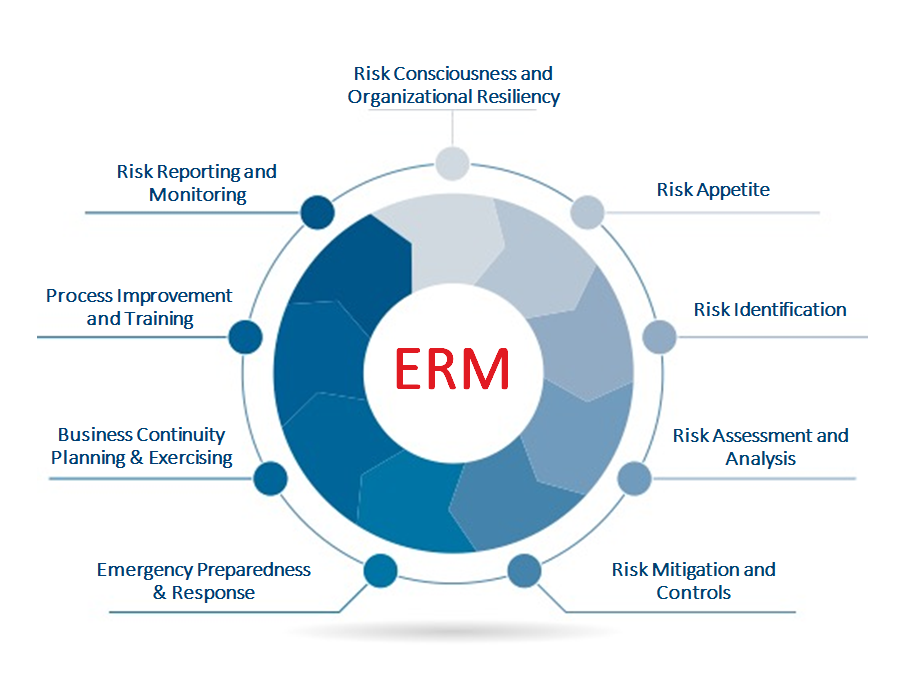Insider threats encourage a proactive focus on secure operations
Explore the Function of AI in Supporting Ethics and Stability to Fight Insider Threats Successfully
The assimilation of AI in organizational frameworks has actually come to be pivotal in attending to expert threats. By employing sophisticated analytics and real-time surveillance, AI systems can recognize variances from moral actions among employees (Insider threats). This positive technique not just boosts conformity but also fosters an atmosphere of depend on. As firms increasingly depend on these innovations, inquiries emerge about their effectiveness and potential implications for workplace culture. What lies ahead in the evolution of AI's role in promoting integrity?
Understanding Insider Threats and Their Effect On Organizations
Organizations frequently focus on exterior dangers, insider threats pose a substantial threat that can weaken safety and integrity. These threats arise from people within the organization, such as employees or service providers, who might abuse their access to delicate info for personal gain or malicious intent. The impact of expert dangers can be severe, bring about monetary losses, reputational damage, and lawful ramifications.
Variables contributing to expert dangers include frustration with the workplace, absence of oversight, and insufficient employee training on protection procedures. Organizations frequently battle to determine these hazards, as they can be tough to spot till significant damages has happened. Avoidance methods must concentrate on fostering a society of trust and responsibility, alongside carrying out durable monitoring and reporting systems. By identifying and addressing the intricacies of insider threats, organizations can boost their safety position and shield their important properties from inner threats.
The Evolution of AI in Work Environment Safety And Security
As organizations progressively challenge diverse safety challenges, the assimilation of expert system (AI) in work environment protection has actually evolved substantially. Initially, AI applications focused largely on automating basic security methods, such as accessibility control and security. However, developments in artificial intelligence and data analytics have changed AI right into a proactive device with the ability of identifying potential risks and susceptabilities in real-time.
Organizations currently utilize AI-driven systems to assess large quantities of data, allowing them to detect anomalous behavior that may show insider hazards. This advancement has led to the advancement of advanced formulas that can pick up from historic events, enhancing the system's anticipating capacities. In addition, AI tools are increasingly used to streamline occurrence response procedures, permitting safety groups to act swiftly and effectively.
Just How AI Monitors Worker Behavior for Ethical Conformity
Fabricated intelligence plays a crucial duty in keeping track of staff member habits to ensure ethical conformity within companies. AI systems assess substantial amounts of data created by staff members, including communications, deals, and accessibility to sensitive info. By utilizing sophisticated algorithms, these systems can determine discrepancies from developed ethical criteria and company plans.
Machine discovering versions constantly adapt to recognize patterns of habits that could indicate ethical violations, such as unauthorized data accessibility or unusual purchase activities. Insider threats. Additionally, AI-driven tools can offer real-time signals to monitoring, facilitating prompt interventions when possible risks are identified
The assimilation of AI right into conformity tracking not only improves the company's capacity to support integrity but additionally fosters a culture of liability amongst workers. By advertising openness, AI systems work as a deterrent versus underhanded behavior, making sure that employees continue to be straightened with ethical criteria and organizational values.
Examining Patterns: Identifying Risky Behavior With AI
An expanding number of organizations are leveraging AI to analyze patterns that might indicate risky behavior among staff members. By making use of sophisticated formulas, these systems can sift via vast amounts of information, determining abnormalities in customer behavior that could recommend potential insider threats. For example, AI can detect unusual gain access to patterns to delicate details, such as workers accessing data outside their typical scope of work or during irregular hours. Additionally, behavioral analytics can highlight frequent adjustments in an employee's communication style or cooperation behaviors, which might symbolize underlying concerns. This proactive technique makes it possible for companies to identify risk aspects before they rise into substantial risks. Consequently, the combination of AI into checking methods not just enhances security however additionally promotes a society of liability and ethical actions. By recognizing these patterns, organizations can better comprehend the behavioral characteristics within their workforce, eventually promoting a more secure and more ethical workplace.
Real-Time Insights: Immediate Reactions to Prospective Dangers
Real-time understandings via anticipating analytics and automated alert systems play an important function in resolving potential risks to principles and stability. By leveraging these technologies, companies can expect dangerous actions and react promptly to reduce dangers. This positive technique improves accountability and cultivates a society of integrity in different settings.
Predictive Analytics Applications

Automated Alert Solutions
Anticipating analytics gives a structure for organizations to improve their responsiveness to moral issues via automated alert systems. These systems make use of real-time information to keep an eye on activities, finding abnormalities that may symbolize prospective insider hazards. By leveraging device discovering formulas, automated notifies can recognize patterns of behavior that differ established norms, enabling swift intervention. This immediacy is crucial in mitigating dangers associated with dishonest practices. Moreover, automated alert systems can improve communication amongst appropriate stakeholders, guaranteeing that prospective dangers are resolved immediately and properly. As companies progressively count on AI-driven services, the integration of automated alert systems will play a critical role in cultivating a society of principles and integrity, inevitably safeguarding organizational assets.
Promoting a Society of Count On Through AI-Driven Transparency
AI-driven transparency can considerably enhance trust fund within organizations by advertising accountability and open communication. Via real-time tracking options, stakeholders can get insights right into processes and decision-making, promoting a society of honesty. Data-driven decision-making better supports this transparency, enabling informed options that straighten with honest criteria.
Enhancing Transparency and Accountability
Exactly how can organizations effectively promote a society of trust? By boosting transparency and accountability via the strategic usage of expert system. AI can aid organizations methodically track decision-making procedures, making certain that actions straighten with well-known moral requirements. This openness permits staff members to see the reasoning behind decisions and policies, reducing ambiguity and promoting a feeling of fairness. Furthermore, AI-driven tools can assist in clear communication relating to assumptions and obligations, empowering individuals to pop over to this site take ownership of their actions. As liability becomes deep-rooted in the organizational society, workers are more probable to engage in moral habits, understanding their activities are kept track of and assessed. Eventually, this technique grows an environment where depend on can prosper, substantially minimizing the threat of insider hazards.
Real-Time Tracking Solutions
As companies increasingly look for to foster a society of trust, real-time tracking solutions arise as a pivotal tool in improving transparency. These AI-driven systems constantly track tasks, providing insights right into customer behavior and prospective abnormalities that might suggest expert dangers. By executing such monitoring remedies, organizations can proactively recognize threats, making certain punctual responses to suspicious tasks. This not only safeguards sensitive info however also enhances a dedication to moral practices. The transparent nature of real-time monitoring aids build worker confidence, as individuals are aware that their activities are being observed for the higher good. Eventually, these remedies offer to grow a workplace atmosphere based in count on, accountability, and honest stability, vital for alleviating expert threats effectively.

Data-Driven Decision Making
Real-time surveillance remedies prepared for data-driven choice production, which significantly improves business transparency. By leveraging AI innovations, organizations can evaluate large amounts of data to identify anomalies and patterns indicative of prospective expert hazards. This analytical method enables check out this site stakeholders to make informed choices grounded in empirical evidence, promoting a society of depend on among workers. Transparency in decision-making processes, reinforced by AI-driven understandings, urges accountability and moral habits. Additionally, it permits companies to proactively resolve vulnerabilities, making certain that actions taken are justified and communicated plainly. Consequently, the execution of data-driven strategies not only mitigates risks connected with insider hazards however also enhances the values of stability and honest conduct within the organizational framework.
Future Fads: The Function of AI in Enhancing Office Ethics
While companies increasingly transform to expert system for operational efficiency, the capacity of AI to improve work environment ethics is getting importance. Future patterns suggest that AI will certainly play a necessary role in developing ethical structures and standards, permitting organizations to navigate complicated ethical dilemmas. By examining vast amounts of information, AI can determine patterns of underhanded habits and give understandings that promote openness and responsibility.
In addition, AI-driven tools can help with real-time tracking of employee interactions, assuring adherence to ethical requirements. This aggressive method not just minimizes insider risks however additionally grows a culture of stability. As companies welcome AI technologies, they must likewise focus on honest shows and algorithmic bias reduction to ensure justness.
In this advancing landscape, the assimilation of AI in ethical practices represents a transformative shift, cultivating an environment where honesty is not merely anticipated yet methodically enhanced.
Often Asked Questions
Exactly How Does AI Differentiate Between Benign and Malicious Actions?
AI sets apart in between malicious and benign activities by analyzing patterns in user behavior, using artificial intelligence formulas to recognize abnormalities, and reviewing contextual information to establish whether activities line up with well-known standards or display prospective risks.
Can AI Tools Replace Human Judgment in Moral Decision-Making?
AI devices can not totally change human judgment in honest decision-making. While they can evaluate information and recognize patterns, the nuanced understanding of context, values, and moral effects still needs human insight and discernment.
What Are the Personal Privacy Ramifications of AI Keeping An Eye On Worker Behavior?

Just How Can Organizations Guarantee AI Algorithms Are Fairly Made?
Organizations can guarantee AI algorithms are morally designed by carrying out clear development processes, including varied stakeholders, performing regular audits, and adhering to well established moral frameworks that prioritize fairness, responsibility, and regard for customer privacy and civil liberties.
What Training Is Required for Team to Understand Ai's Ethical Function?
Personnel training must incorporate fundamental AI values, information personal privacy, and prejudice recognition. Workshops, study, and interactive sessions can enhance understanding, guaranteeing workers acknowledge AI's honest ramifications and its function in promoting stability within the organization.
Man-made knowledge plays an essential role in keeping track of employee behavior to guarantee ethical compliance within organizations. The combination of AI into keeping track of practices not just boosts protection yet additionally promotes a culture of accountability and moral actions. While organizations significantly deal with moral problems and potential honesty breaches, predictive analytics applications supply timely insights that can aid alleviate these risks. Anticipating analytics supplies a foundation for companies to improve their responsiveness to ethical worries with automated sharp systems. Future patterns indicate that AI will certainly play a necessary function in creating honest structures and guidelines, allowing organizations to browse complicated ethical issues.